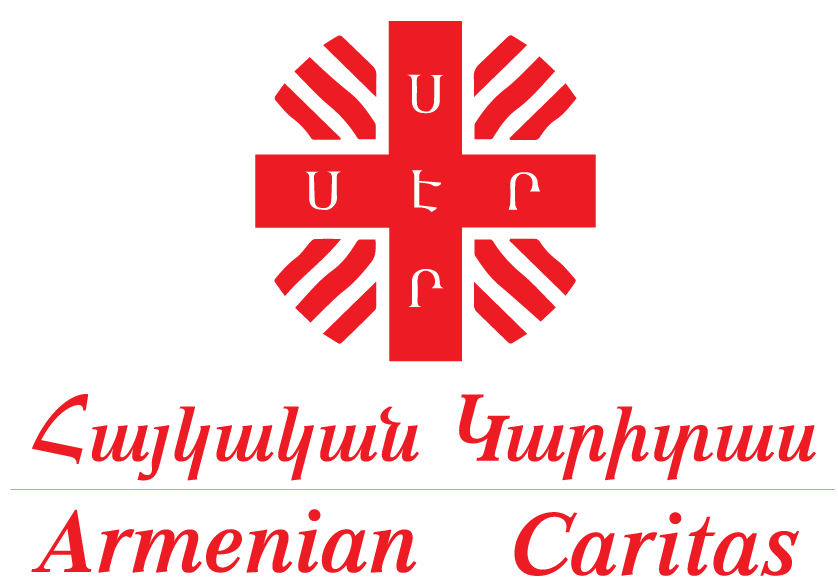The activity of all the bodies, institutions and services dealing with children should be based on the principle of the best interests of the child. It means that the organization should operate in accordance with three main sub principles, which are child protection from any kind of danger or risks, protection of children’s rights and the promotion of child development.
Child protection as a component of the principle of the best interests of the child is stipulated in the UN Convention on the Rights of the Child. It states that every child has a right to such protection and care as is necessary for his or her well-being. Speaking about child protection in the context of child’s welfare we should take into consideration the protection from all kinds of intentional and unintentional harms.
In order to ensure child’s right to protection in the services/day care centers, it is preferable to develop and enforce relevant internal procedures and regulations ensuring child protection.
It is important to note that one of the guarantees of their effectiveness is compliance with the environment, cultural specifications and legal context in which the organization operates. That is why the current referrals on development of child safeguarding policy, stated by UN Children’s Fund and other child protection international organizations, foresee the adaptation of generally recognized principles, the first stage of which is self-assessment within the organization.
Following the above mentioned principle, a social research was carried out among Armenian Caritas staff in order to find out the current practice of working with beneficiary-children and their parents/caregivers in the context of child protection.
During the research desk review and distance survey questionnaire methods were used for data collection. The deductive approach was used for the analysis of survey data which first was grouped according the questions, and then the overall conclusions were made.
